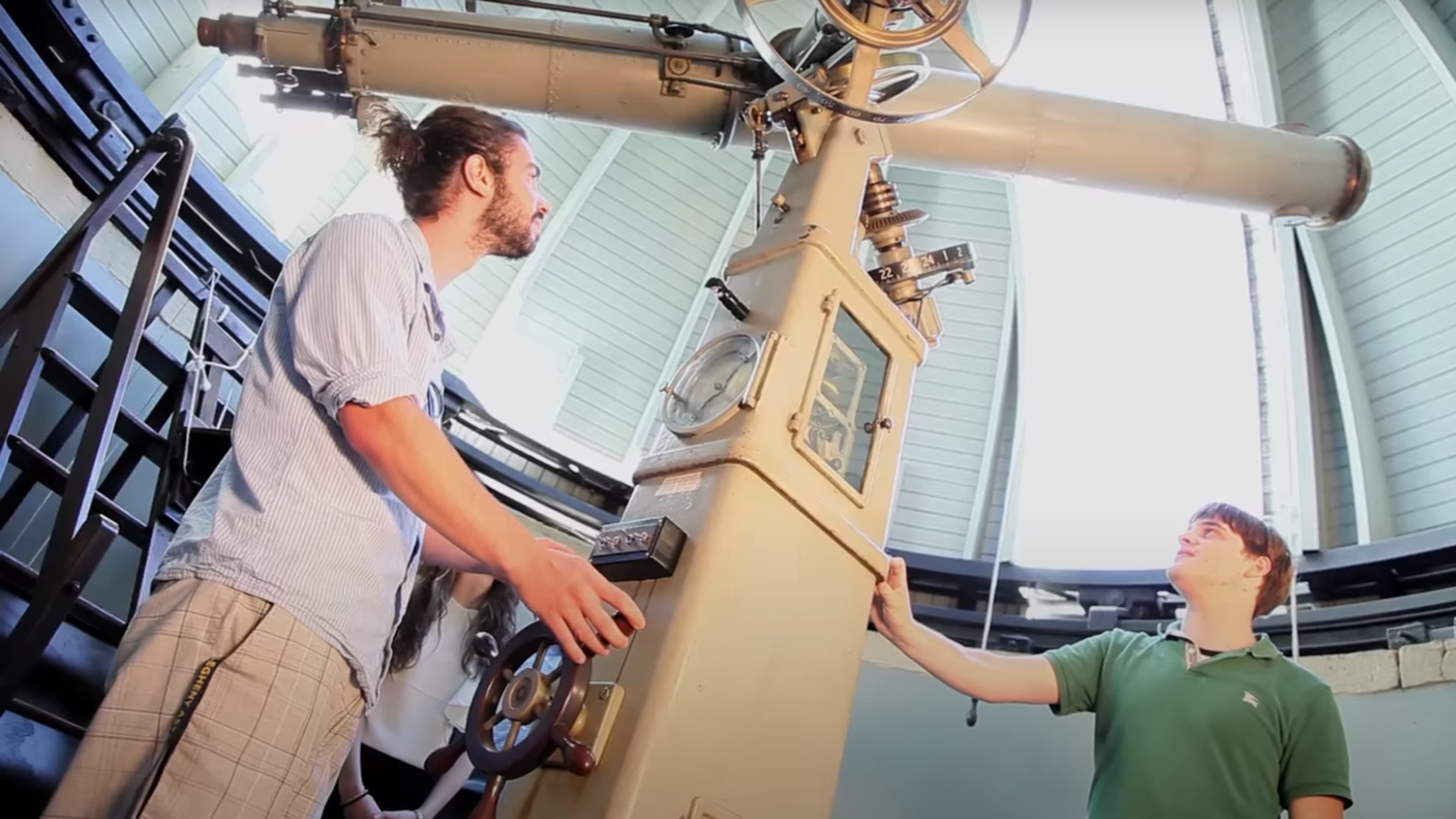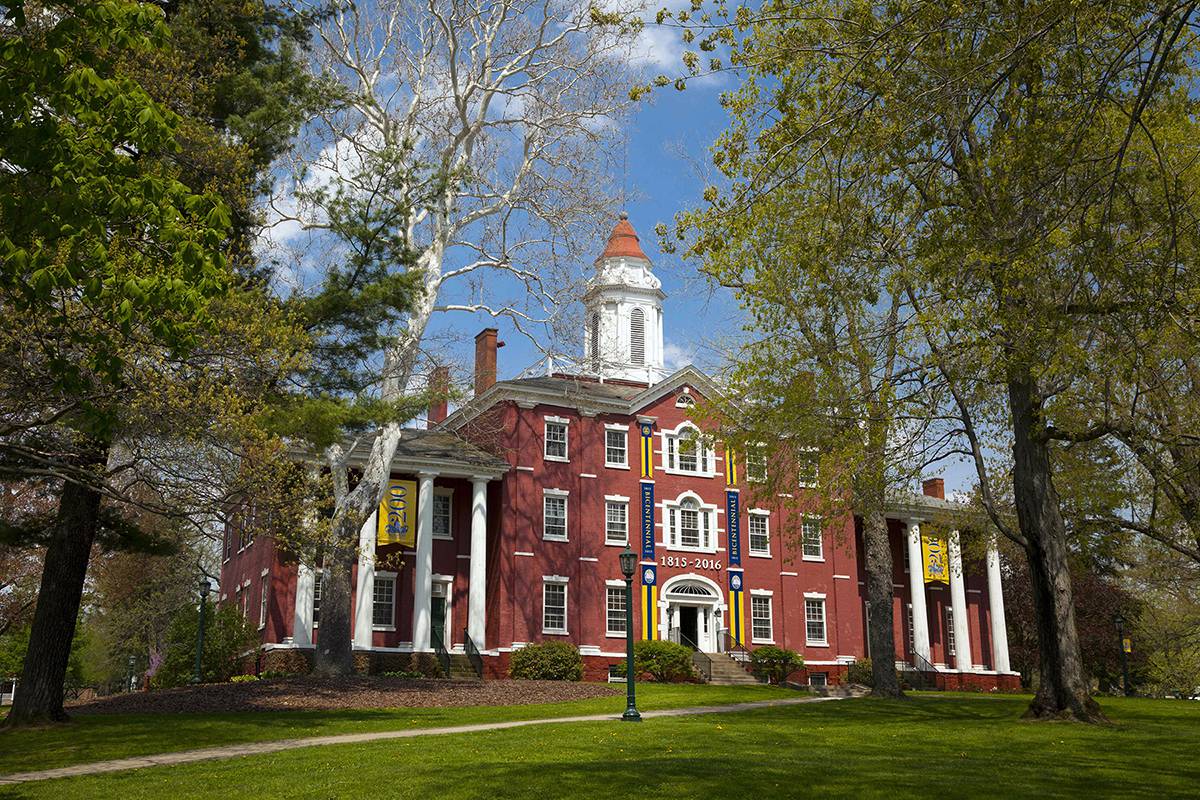Interdisciplinary Studies
Energy and Society Minor
As an Energy and Society student, you'll engage with political, economic, cultural, and scientific aspects of energy at local to global scales. You'll learn essential technical, communication, and project management skills that are transferable to any future career. We prepare you to join all aspects of the energy economy!

Your Four-Year Journey
Students often combine Energy and Society with a major in Business, Chemistry, Environmental Science and Sustainability, Political Science, or Psychology.
Understanding
You might take ENERG 105 (Introduction to Energy & Society) or ENERG 115 (The Science of Energy) in your first year. These are the two introductory-level required foundation courses. Students sometimes come to our minor after taking ESS 110 (Introduction to Environmental Science and Sustainability) or after they take other introductory-level courses across campus that cover energy topics.
New Approaches
Some of our students begin their foundation courses in their sophomore year, which is no problem. Ideally, by the end of the sophomore year, you'll have two of your foundation courses and decided your area of focus (policy, economics, or culture/communication/ethics) for the minor. A wide range of majors — from Physics to Business to Women's, Gender, and Sexuality Studies — link their interests to this minor.
Delving Deeper
In your third year, you'll continue with electives in your focus area and ENERG 385 (Introduction to Sustainable Energy). You might also take ENERG 485 this year, which is the capstone course for the major. This course involves an applied group project and helps students bring together everything they've learned. In 2020, the class helped plan for LED street light upgrades for the City of Meadville.
The Comp
In your final year, you'll finish up any electives and/or take ENERG 485. Some of our minors choose to incorporate aspects of energy into their Senior Comp for the major. We also encourage students to pursue credit-bearing internships with local partners — these experiences can be substituted for an elective course to count toward your minor. Internships often help our graduates get their first job in the energy field, which is experiencing huge job growth.
Focus your studies in one of four areas:
Communication
Economic Systems
Political Systems
Social Justice
Career Outcomes
93
of Allegheny graduates are employed, in grad school, or in full-time service within six months.
80+
Acceptance rate to graduate and professional school for Allegheny students
Geology Major/Energy and Society Minor, Class of 2020; Graduate student in energy analysis at the University of Texas at Austin
“ I chose to minor in Energy and Society because it allowed me to perform geothermal exploration research in the classroom and during a summer internship with the Department of Energy. ”








